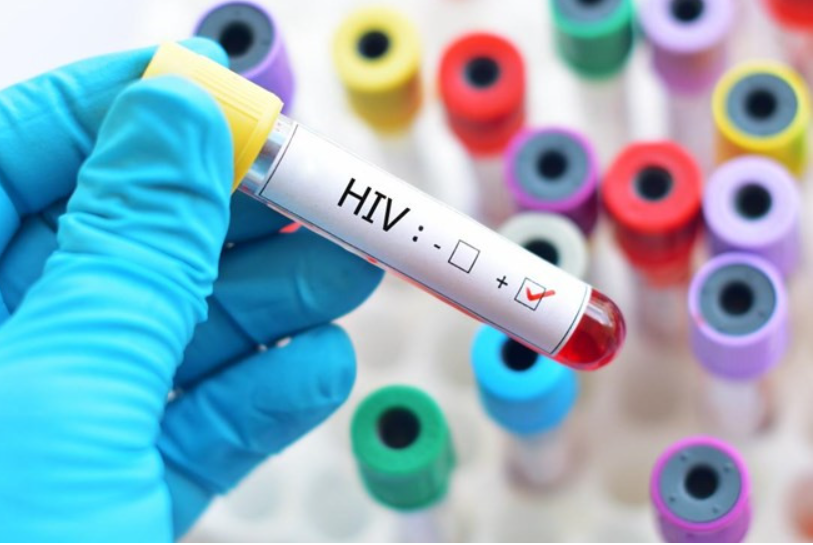The number of people living with HIV in Turkey has quadrupled over the past ten years, according to the latest data from the Health Ministry, prompting renewed calls for public awareness and testing.
Between 1985 and November 2024, approximately 46,000 individuals have officially been diagnosed with HIV in Turkey. However, health officials warn that the actual number is likely higher, as many people remain untested.
The surge is particularly noticeable among teenagers and young adults, even as global HIV rates continue to decline thanks to improved prevention efforts and wider access to treatment.
Two main factors are believed to be driving the rise. For years, HIV was widely perceived as a “Western issue,” resulting in limited public education and outreach in Turkey. In addition, persistent stigma and discrimination have discouraged many from seeking testing or treatment. More recently, the expansion of mandatory HIV testing—during surgeries, job applications, and marriage procedures—has increased the number of reported diagnoses.
Official data shows that men account for 75 to 85 percent of all known HIV cases in the country, with men who have sex with men (MSM) making up a significant portion. However, the virus is not confined to any one demographic—most women diagnosed with HIV in Turkey are reportedly married and monogamous, health officials say.
HIV is mainly transmitted through unprotected sexual contact, but it can also spread through blood transfusions, shared needles, and mother-to-child transmission during childbirth or breastfeeding without proper precautions.
As part of HIV Testing Awareness Week, observed each May and November, public health authorities are urging citizens to get tested, reduce risky behaviors, and help fight the stigma surrounding HIV. With early detection and consistent treatment, people living with HIV can live long, healthy lives.



